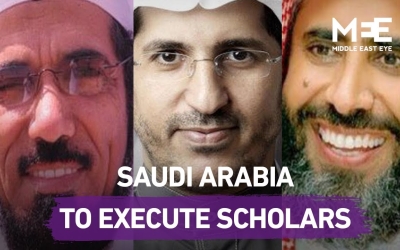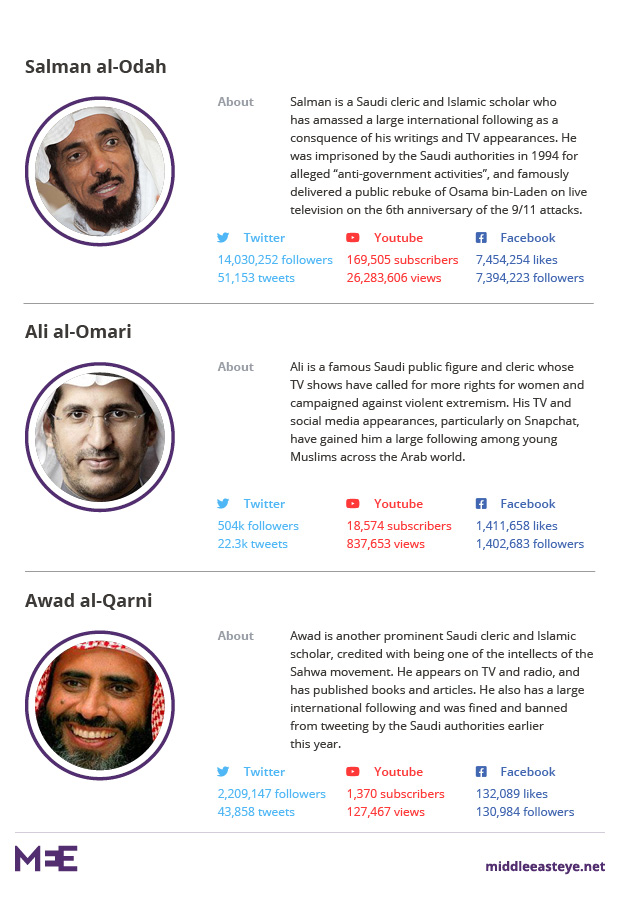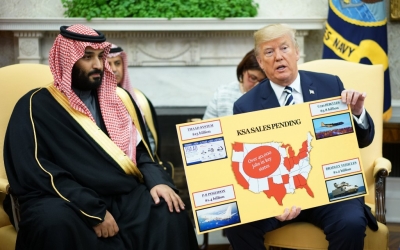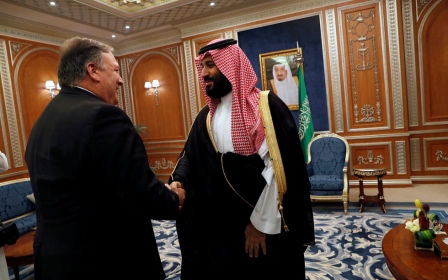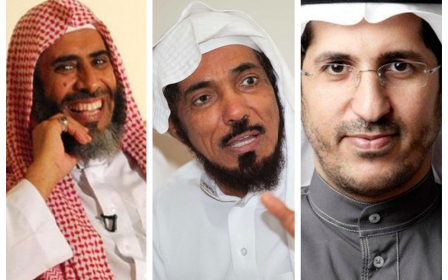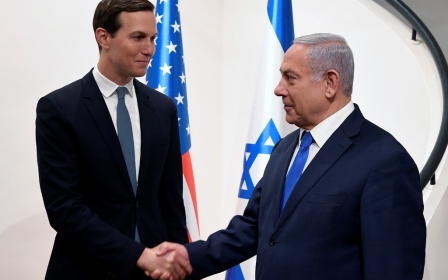Saudi executions: Kushner asks Mohammed bin Salman to think again
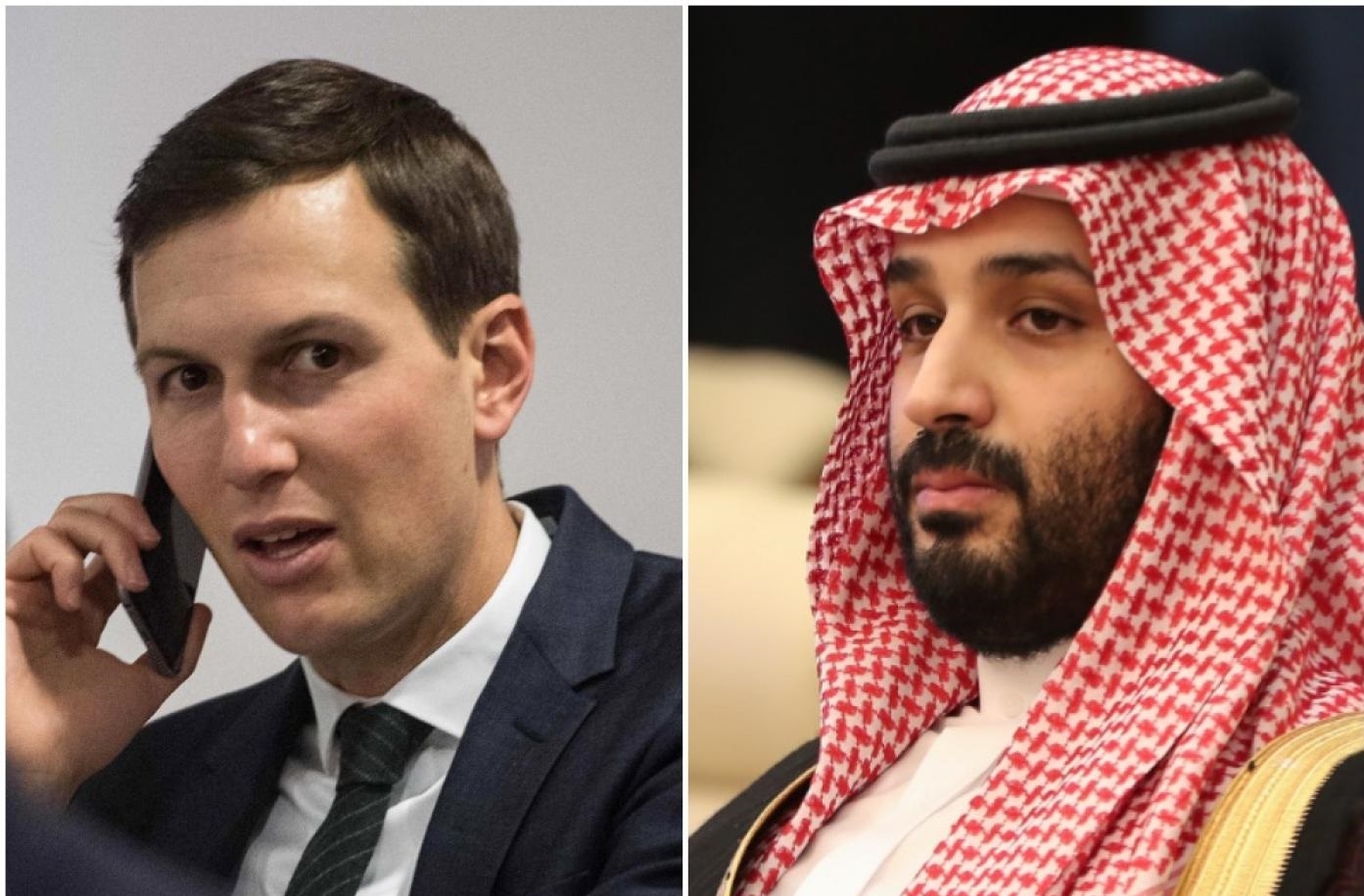
Jared Kushner, US President Donald Trump’s son-in-law and senior adviser, intervened personally in an attempt to stop Saudi Arabia embarking on a new wave of executions, as Washington attempts to build a coalition against Iran.
Kushner called Crown Prince Mohammed bin Salman earlier this month, a few days after CNN broadcast exclusive footage of Murtaja Queriris, a juvenile on death row, participating in a 2011 youth protest at the age of 10, two Saudi sources with knowledge of the conversation told Middle East Eye.
Queriris, who was subsequently arrested three years later over his involvement in protests and condemned to death, has had his sentence commuted to 12 years in prison, a Saudi official quoted by the Reuters news agency said on Saturday.
“He will not be executed,” the official said.
However, there is no word of the fate of three other young men, Ali al-Nimr, Dawood al-Marhoon and Abdulla al-Zaher, who also stand accused of committing crimes as minors.
Nor is there word of the fate of three prominent scholars, Salman al-Odah, Awad al-Qarni and Ali al-Omari, whom MEE revealed were to be executed shortly after Ramadan, which ended earlier this month.
Odah, Qarni and Omari’s cases have not yet been heard by a court.
‘This is not the time for executions’
According to MEE’s sources, Kushner raised these cases with Mohammed bin Salman, warning that a new wave of executions would damage Riyadh’s image in the US Congress at a time when the White House was trying to assemble support for action against Iran.
In April, the kingdom executed 37 men for crimes of “terrorism”, in what was seen at the time as a trial balloon, testing the waters of international reaction.
One Saudi source with knowledge of the exchange told MEE: “Kushner said he was concerned that a new wave of executions would be harmful to the image of Saudi Arabia. It will have a bad effect on Congress.”
Kushner told the crown prince that the scandal created by the murder of Saudi journalist Jamal Khashoggi in October had only just died down in Washington.
“This is not the time for it. The story of Khashoggi has died and you will ruin the image of Saudi,” Kushner reportedly said in the telephone conversation.
'This is not the time for it. The story of Khashoggi has died and you will ruin the image of Saudi'
- Jared Kushner
“This is not the time for executions. It will ruin the image of Saudi Arabia.”
Kushner also raised the case of a number of women activists still in prison.
Loujain al-Hathloul, who campaigned for the driving ban to be lifted, has been beaten, waterboarded, given electric shocks and threatened with rape and murder while incarcerated, according to family members.
The private conversation between Trump’s son-in-law and the crown prince appears to indicate that the White House is seeking to bury the Khashoggi scandal rather than seek accountability.
In November, a CIA investigation concluded that Mohammed bin Salman ordered the journalist’s assassination.
Yet Secretary of State Mike Pompeo said in March that the US continues to work to identify those responsible and will “hold them accountable”.
Clearly irritated
The crown prince silently listened to Kushner, a second Saudi source told MEE. “He did not argue, but neither did he promise anything,” the source said.
The kingdom’s de facto ruler was, however, clearly irritated by the pressure coming from Washington.
In an interview with Saudi newspaper Asharq al-Awsat, published on Sunday, the prince confirmed the international pressure on him.
“As for media campaigns or some stances in the US, they certainly do not serve the joint interests of our countries. Throughout the kingdom’s history, however, we have previously faced such campaigns that are often biased and not based on accurate information,” the crown prince said.
The 33-year-old prince defended the kingdom’s sovereignty and warned about any ally “meddling in internal affairs”.
He said: “Throughout the kingdom’s history, we have managed to work with our main allies, despite natural differences that exist between all countries, by respecting the sovereignty of nations and avoiding meddling in their internal affairs.
“We expect nothing less than reciprocal treatment when it comes to our sovereignty and internal affairs.”
Austria’s government said last week that it planned to shut a Saudi-funded centre for religious dialogue after MPs urged Riyadh to halt Queriris’ execution.
Kushner’s call was accompanied by similar messages through diplomatic channels to the Saudi government.
A spokesman for the US State Department said it would not comment on private diplomatic conversations.
“However, we continuously urge the government of Saudi Arabia, and all governments, to respect and protect human rights and fundamental freedoms, ensure fair trial guarantees, transparency, freedom from arbitrary and extrajudicial detention, and freedom of religion and belief,” he added.
Neither the White House, which speaks for Kushner, nor the Saudi embassy in London replied to emails from MEE by the time of publication.
This article is available in French on Middle East Eye French edition.
Middle East Eye propose une couverture et une analyse indépendantes et incomparables du Moyen-Orient, de l’Afrique du Nord et d’autres régions du monde. Pour en savoir plus sur la reprise de ce contenu et les frais qui s’appliquent, veuillez remplir ce formulaire [en anglais]. Pour en savoir plus sur MEE, cliquez ici [en anglais].


